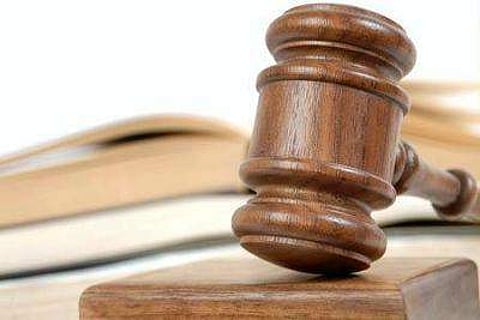

BENGALURU: The 14 accused people, who played with the future of thousands of innocent students and their parents by allegedly leaking the Second PUC chemistry question papers twice in 2016, escaped from the clutches of law because of grave lapses committed by the investigating agency, the CID, by not subjecting several relevant persons for interrogation and examining issues that cropped up during the investigation.
Acquitting all the accused after going through the evidence available and admissions made by the investigating officer (IO) with evasive answers during the cross-examination, Muralidhara Pai B, judge of the Principal City Civil and Sessions Court, said it may not be out of place to refer to certain grave lapses of the IO.
The court said that several students admitted that question papers were leaked and circulated through WhatsApp. But none of them recorded any statement before the court, supporting the contention of the prosecution that the accused had arranged training/tuition to answer the questions in the leaked papers.
Even the lecturers, who had stated before the magistrate that they had trained the students on leaked question papers, turned hostile during the trial, stating that they had given the statements before the magistrate under the pressure/threat of CID police, the court added. It noted that one of the prime witnesses, Shivaprasad, was the first person to share the leaked question paper to the director of the Pre-University Board on Whatsapp.
The IO has recorded his statement, in which he mentions several names including that of the principal and lecturers in spreading the leaked question paper. The IO, however, did not give a definite answer, but an evasive one, claiming that he does not remember this aspect, the court said.
The court said that primarily, the prosecution has failed to prove that the amounts seized from the accused are the proceeds of crime. Also, the CDR details or its analysis reports are of not much use in proving the guilt of the accused persons, in the absence of substantive material found against the accused persons. Even the CID could not lay its hands on a material piece of evidence to support the use of mobile phones and SIM cards, destruction of those phones, SIM cards and data cards containing the leaked question paper. The alleged voluntary confession statement made by the accused cannot be relied on as it was not certified in writing, as per Section 19 of the KCOC Act. The prosecution has failed to adduce sufficient and clinching evidence to prove any of the accusations, the court noted.